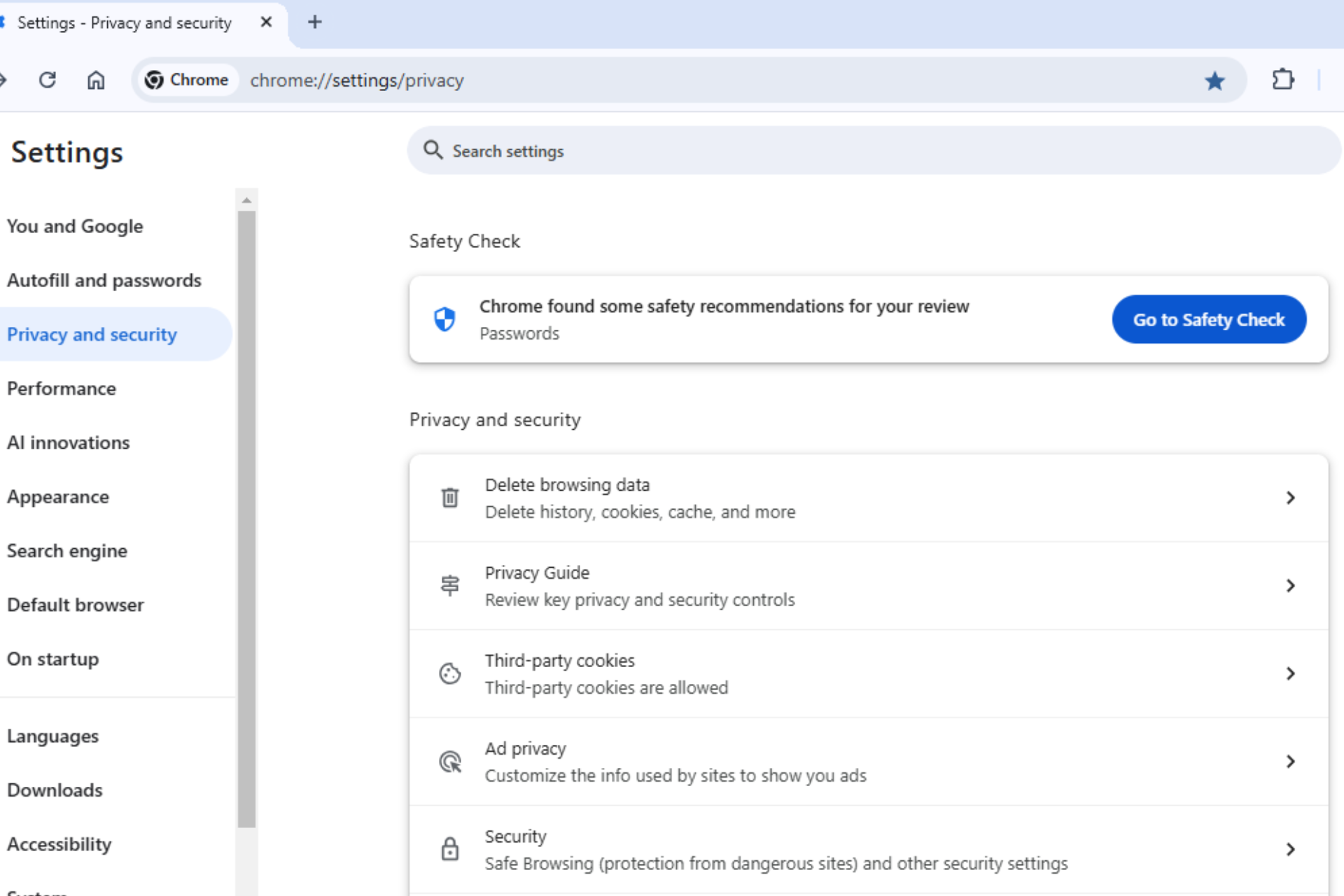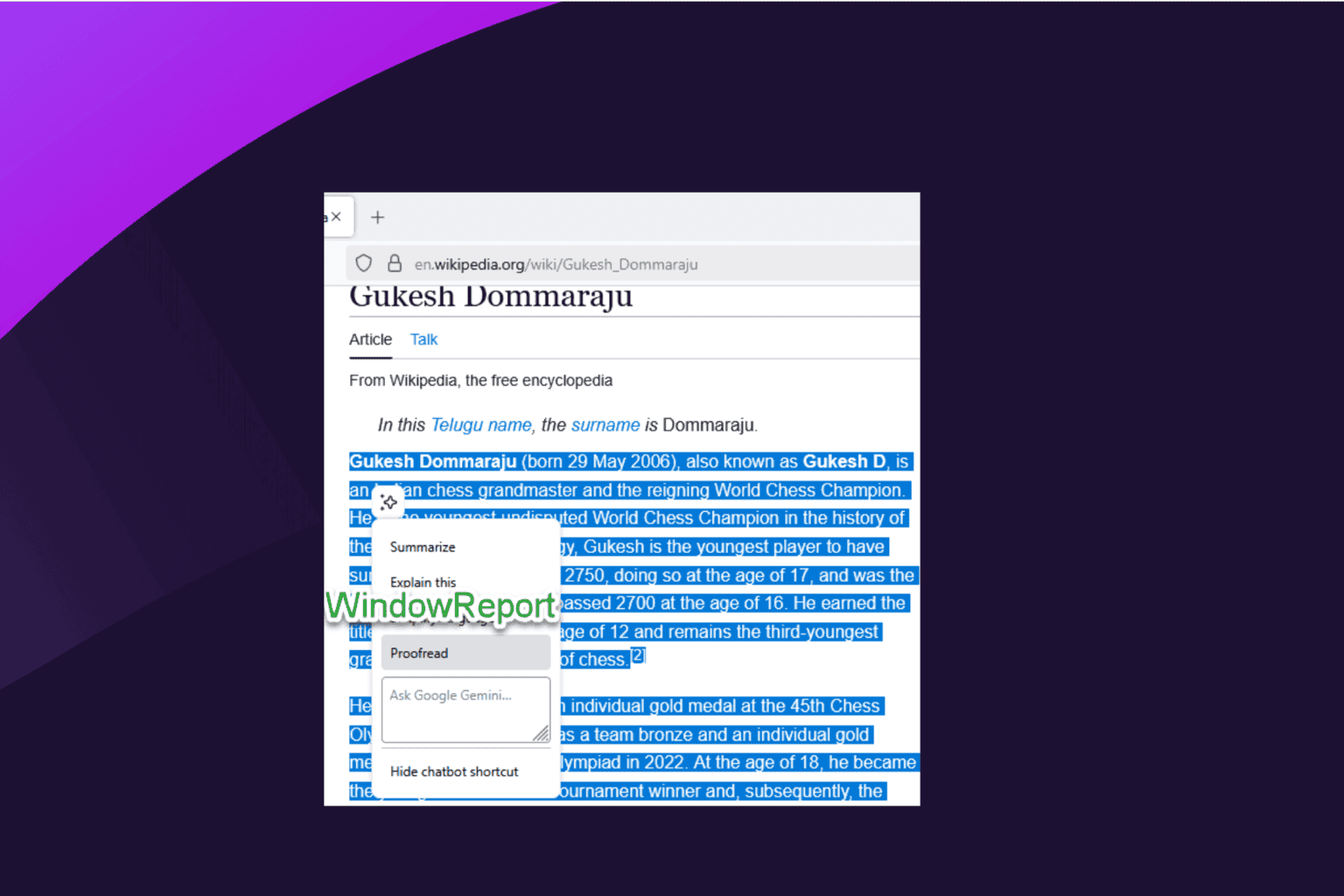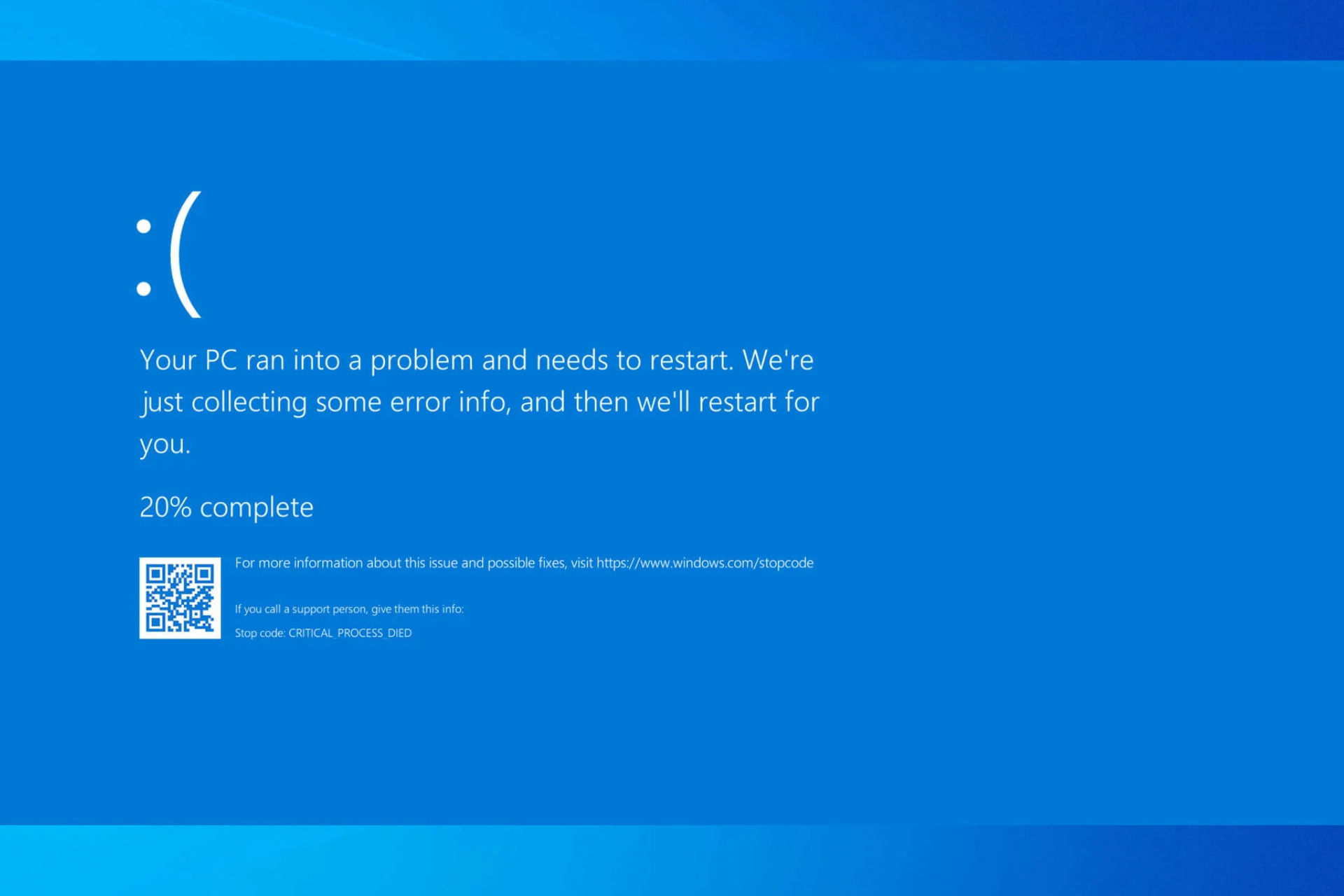Office 365 yet to catch on with SMBs in the US
4 min. read
Published on
Read our disclosure page to find out how can you help Windows Report sustain the editorial team. Read more
Google Apps for Work not only took an early lead in the market for cloud-based productivity but in many ways defined the market. While Google’s cloud-based apps weren’t as full featured as Microsoft’s traditional suite of Office products, they were inexpensive and flexible, and thus became very appealing to small and mid-sized businesses looking to move their productivity software to the cloud. The ubiquity of Office in corporate America had also comparatively given Google the appeal of being an alternative to the corporate world, and its less enterprise like user experience was appealing to some new and small businesses.
Microsoft eventually responded to the emerging disruption from Google Apps for Work with their own cloud-based productivity software, Office 365. And last year Office 365 overtook Google Apps for Work in market share, after tripling its share in a single year. As we reported last year, most of the growth in Office 365 was from larger businesses choosing Microsoft over Google for their move to the cloud. Among businesses with over 1,000 employees, Office 365’s share had increased six-fold.
But while Office 365 subscriptions are continuing to grow and are becoming a significant source of revenue, a new report by SkyKick shows that Office 365 is still lagging among small to midsize business (SMBs) in the United States.
As spotted by GeekWire, the SkyKick’s report shows that Office 365 only has a 7.5% share among SMBs in the US. For comparison, in the other report from last year mentioned above, Office 365 had 30% market share among large businesses with at least 1,000 employees. While comparing that report with SkyKick’s report is not precisely apples to apples because of their differing methodologies, it clearly shows there is a discontinuity to Office 365’s growth, and it has still yet to catch on with SMBs.
Skykick, a four-year-old cloud-management/migration software provider, conducted their study by surveying 109,000 US businesses with employee headcounts of 250 or less. They accomplished this by checking the company’s email domains to see if Office 365 was their provider. The population of their survey ended up being skewed towards small companies as 75% of the SMBs analyzed had less than 10 employees.
What Skykick found was even though Office 365 adoption was down to 7.5% on the whole, there was a lot of variance between industries and even states. SMBs in certain industries, such as Coal Mining, Computer Facilities Management Services, had Office 365 adoption rates of 30.96% and 21.26% respectively. Some of the lowest numbers were in industries like Commercial Art and Graphic Design, Agricultural Services, and Coin-Operated Laundries and Drycleaning (3.88%, 2.91%, and 1.87% respectively).
While SkyKick’s report gives a great view into Office 365’s adoption rates among SMBs, it does not give a breakdown of competitors’ individual market share, instead lumping everything that isn’t Office 365 into an “other” category. The report concludes there is an opportunity for growth among every sub-segment of the SMB market.
But it might be harder said than done. Google is heavily incentivizing IT providers to push Google Apps for Work, and offering Google Apps for Work for free to companies currently under an enterprise agreement with Microsoft. And there are still yet other growing startups looking to disrupt cloud-based productivity, such as Slack, Box, and Dropbox.
Office 365’s low market share among SMBs might well mean there is ample opportunity for growth. But in the context of how uneven Office 365’s growth has been, the continued low adoption numbers among SMBs might mean Microsoft needs to find a way to specifically market to these smaller companies looking for alternatives to traditional enterprise software.
To read more about Office 365’s adoption rates, you can read SkyKick’s full report for free after signing up.








User forum
0 messages